News & Events
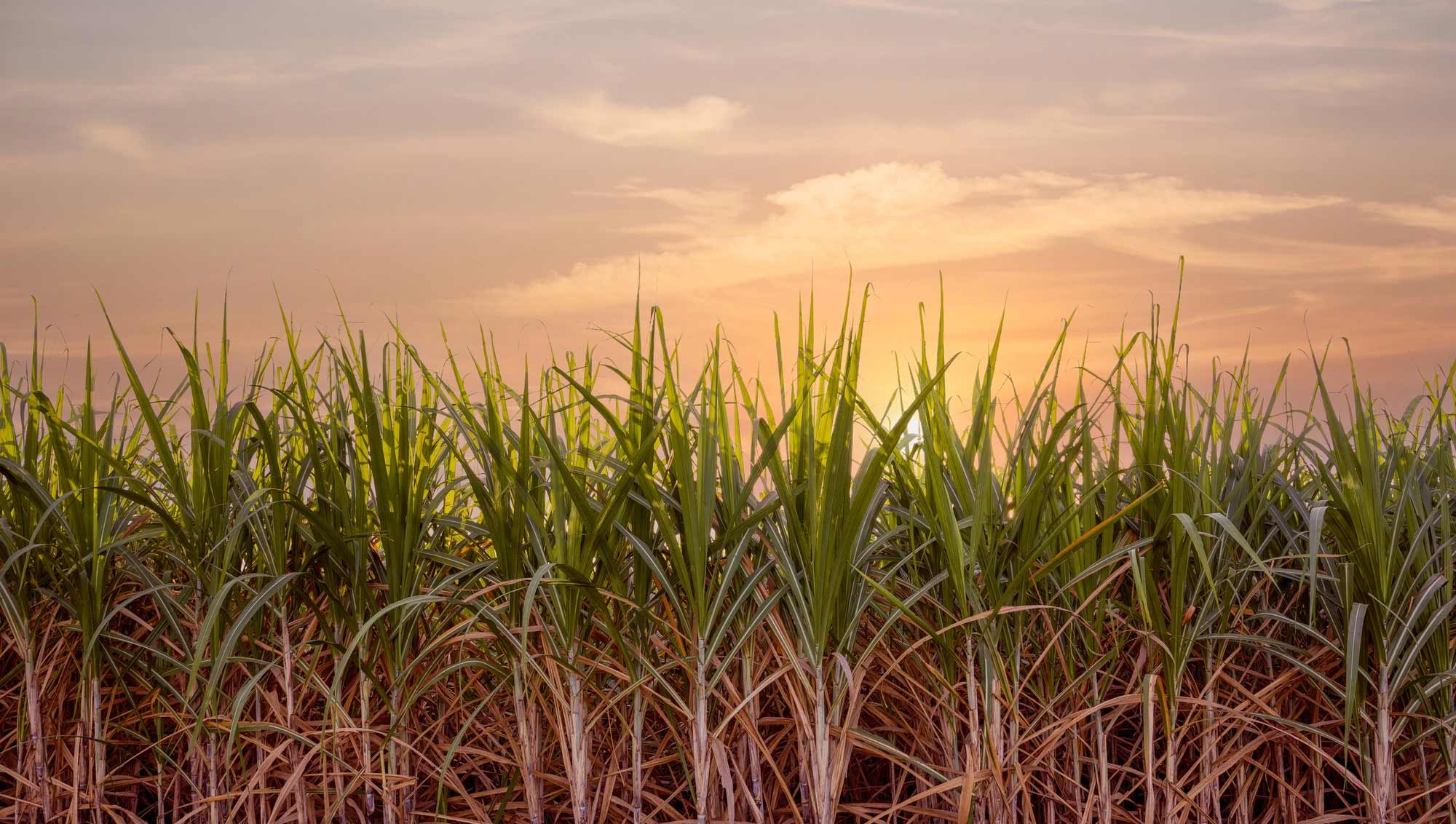
Filter by
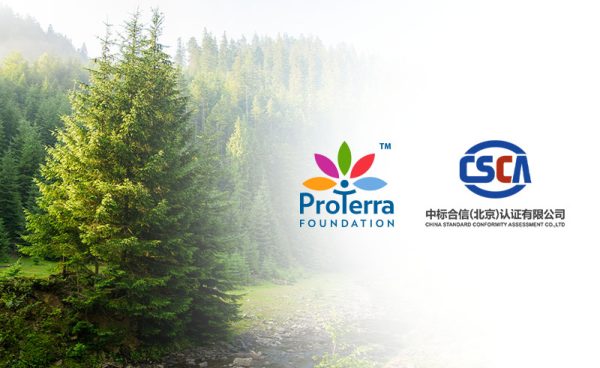 News
NewsCSCA is the approved certification body in China to perform ProTerra audits
Read moreChina Standard Conformity Assessment Co., Ltd. (hereinafter referred to as
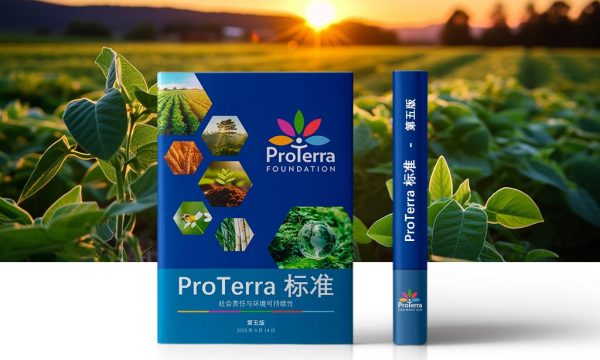 News
NewsProTerra Standard launches in China: Driving sustainable growth
Read moreWe are excited to announce the launch of the ProTerra
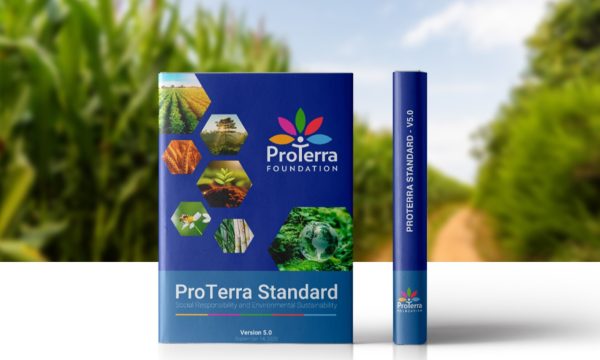 News
NewsProTerra Standard v5.0 Transition
Read moreWe are pleased to announce the transition phase for ProTerra
 Webinars
WebinarsHighlights of ProTerra EUDR Webinar
Read moreThe webinar session, held on April 24th, explored strategies for
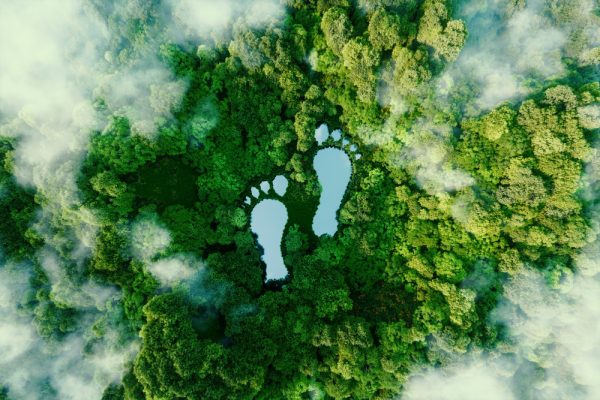 Webinars
WebinarsCSI-ProTerra joint webinar: Soy and Carbon
Read moreThe webinar took place on 28 March and was hosted
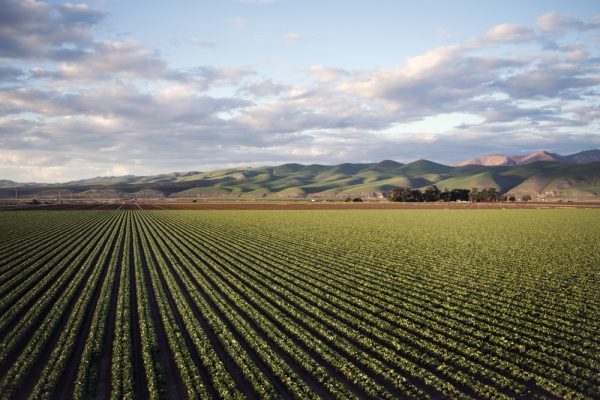 News
NewsThe 2023/24 non-GMO soybean crop in Brazil
Read moreOverview The 2023/24 harvesting works over soybean crops in Brazil
 Training
TrainingProTerra V5 Training Opportunity – 10 to 14 June 2024
Read moreWe are pleased to share that the ProTerra Standard v5,
 Training
TrainingProTerra V5 Training Opportunities – 21 to 25 October 2024
Read moreWe are pleased to share that the ProTerra Standard v5,
 Training
TrainingProTerra MRV Training Opportunity – 16 to 18 September 2024
Read moreThe ProTerra MRV Standard offers a systematic approach to assessing and verifying
 Training
TrainingOverview of upcoming ProTerra training courses
Read moreWe are pleased to announce the upcoming training dates for